Madhur Jaffrey: Writing, Performing, and Cooking, from New Delhi to New York
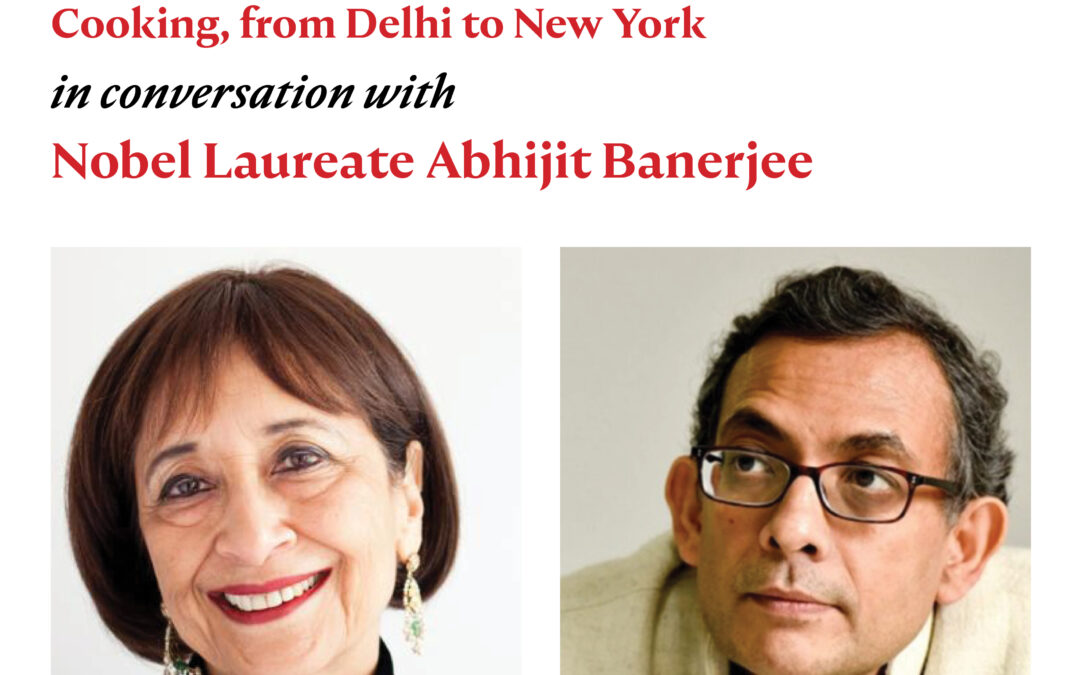

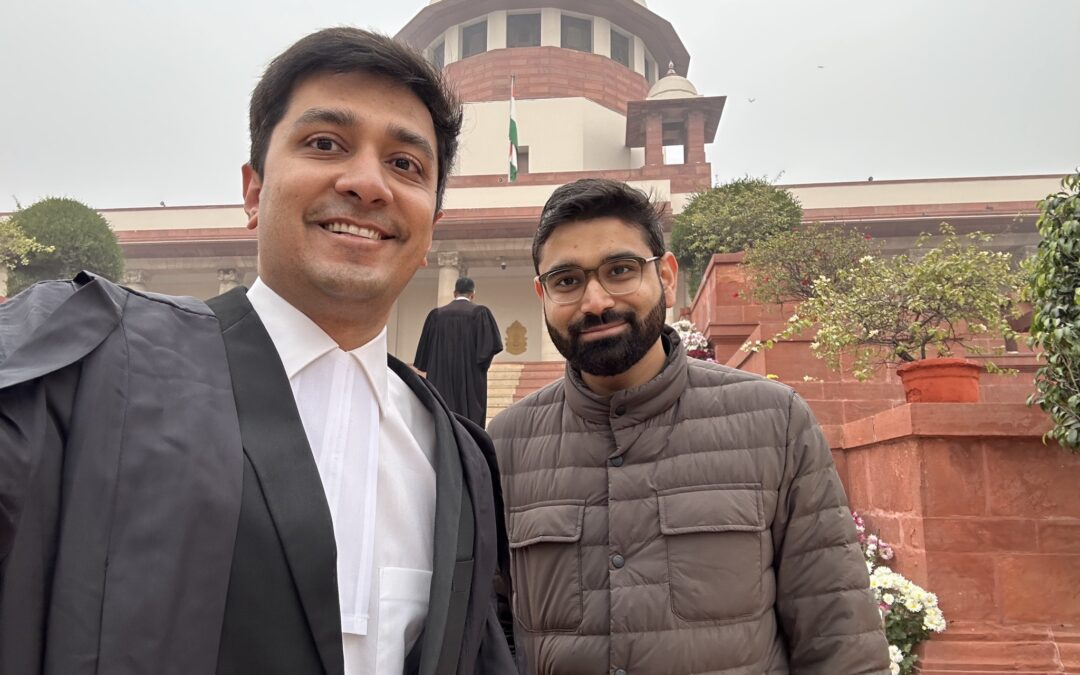
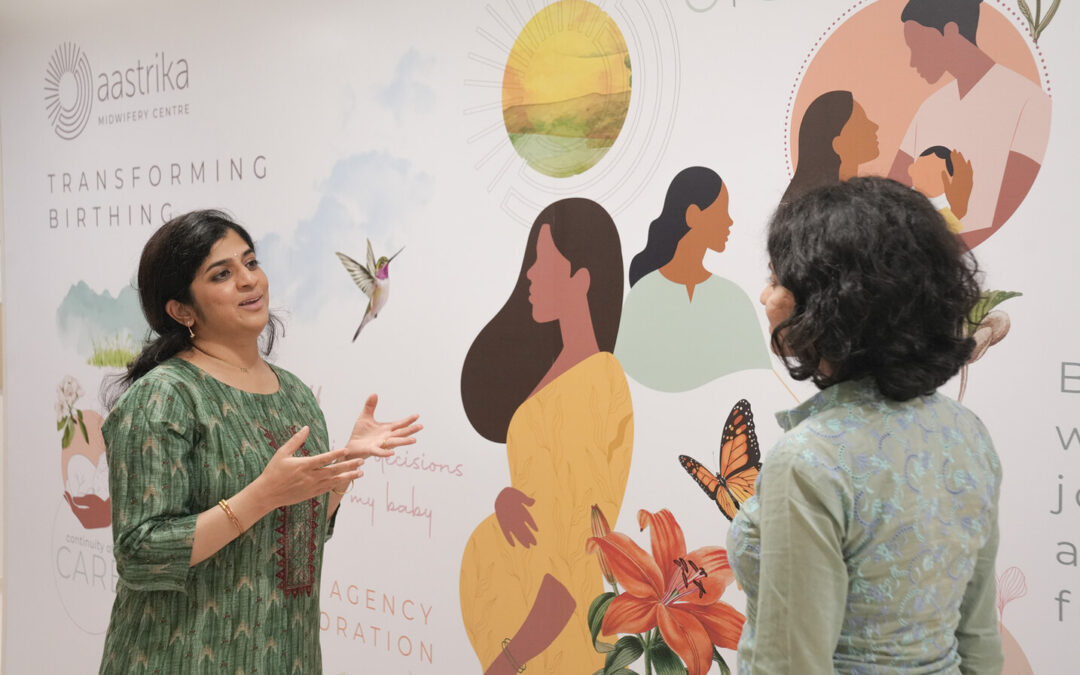
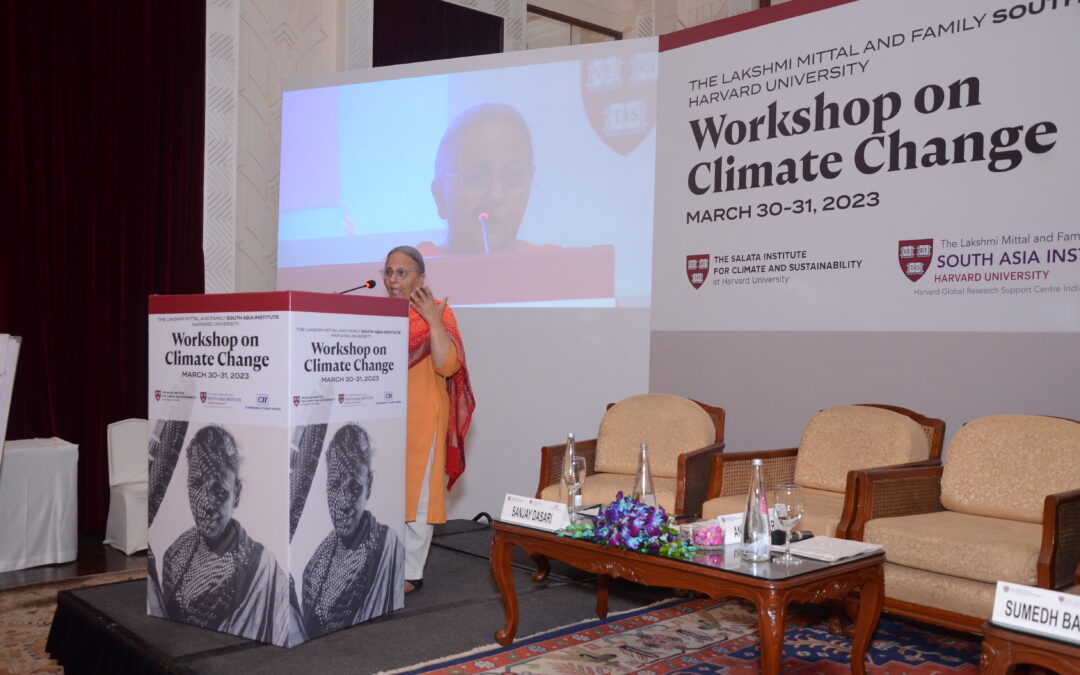

Deep in a bank vault of Mumbai’s Asiatic Society lies a revered treasure that is much studied in textbooks but rarely seen. The early 16th-century painted manuscript (dated 1516 CE), one of the oldest of its kind in the world, requires a committee’s approval to see the light of day – a committee that had remained elusive to Prof. Jinah Kim, an expert in South Asian art, for years. But last September, her proposal to study the painted manuscript finally got the go-ahead, and capturing the color from the rare piece of work may just change the study of South Asian art – and maybe all of Asian art – forever.

The Mittal Institute’s inaugural Distinguished Artist Fellow, Nilima Sheikh, will soon join us in residence on the Harvard campus from her home of Baroda, India. A renowned painter, Nilima has been a career artist for more than 50 years. We spoke with her about what led her to apply for a DAF, and her hopes for her experience.
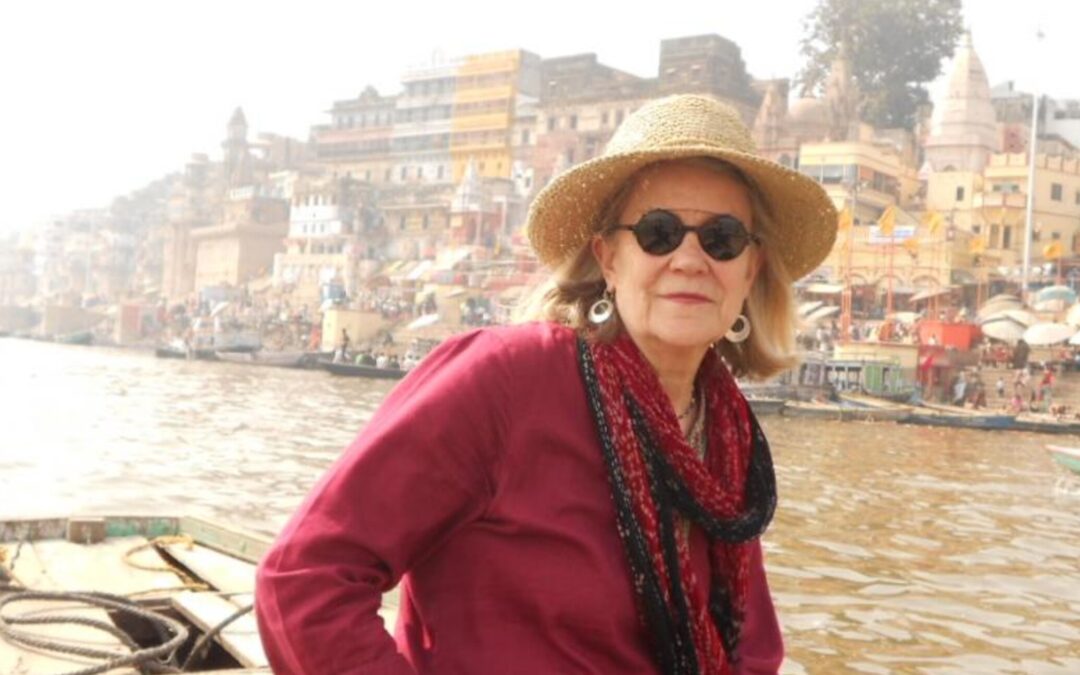
Throughout its 150th anniversary year, Harvard’s Graduate School of Arts and Sciences’ GSAS Voices is foregrounding the stories of some of its most remarkable alumni and students as they speak about their work, its impact, and their experiences at the School. Diana Eck, PhD ’76, is a Mittal Institute steering committee member and professor of comparative religion and Indian studies at Harvard University, where she also served as a faculty dean of Lowell House. Eck talks about her decades of work studying the religious traditions of India, the founding of the Pluralism Project, and how she learned to teach as a student at GSAS.
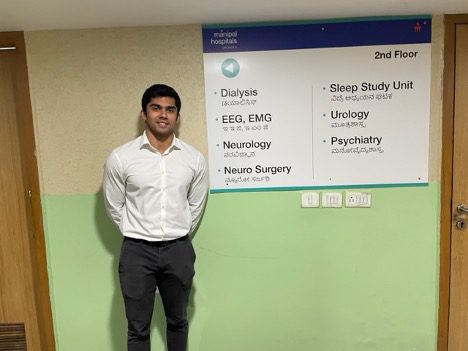
Jay Iyer ’25, a Molecular & Cellular Biology and Statistics dual concentrator, is working to unlock the secrets of rare brain disease. He spent a summer interning at three hospitals across India, where he explored the state of neurological healthcare and worked to pitch a new iPad application that uses machine-learning to aid in the diagnosis of Parkinson’s disease. He shares a personal account of his experience with neurological diseases, and his quest for further medical innovations.
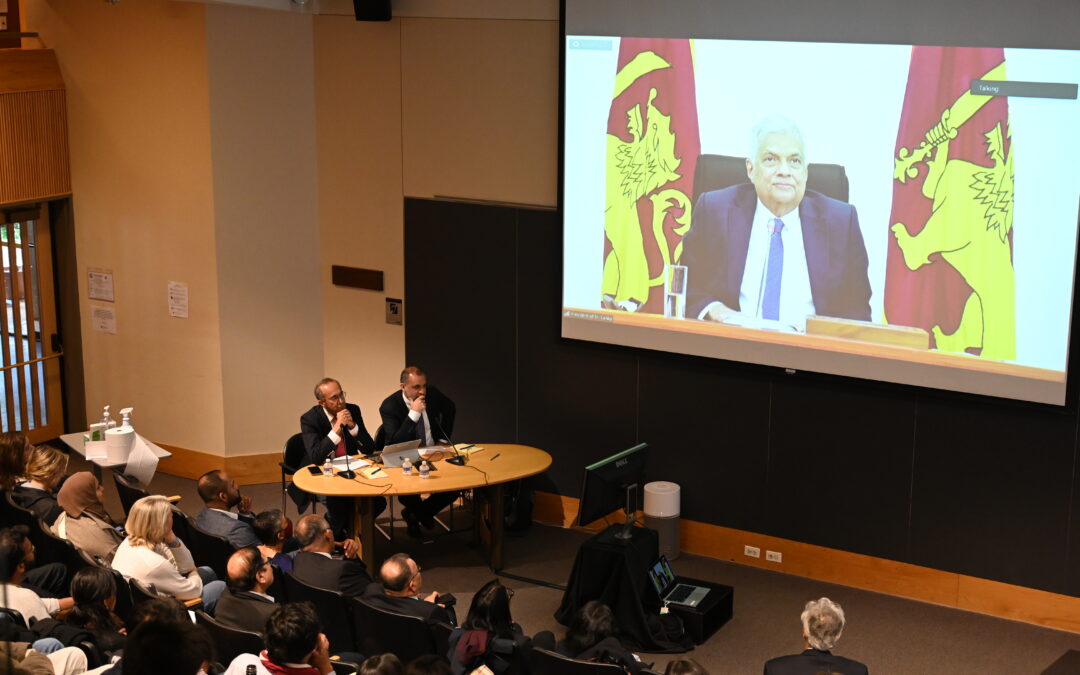
On Friday, March 24, President Ranil Wickremesinghe joined the Harvard community live from Sri Lanka for a discussion moderated by professors Tarun Khanna, Harvard Business School, and Asim Khwaja, Harvard Kennedy School. The event, co-sponsored by the Center for International Development at Harvard and the Mittal Institute, covered a wide range of topics, from the recently announced IMF deal to social, economic, and political reforms to human rights issues and the way forward for the country.
The Mittal Institute has embarked on a major climate change initiative focused on South Asia, hosted at our Harvard Global Research Support Center India, an affiliate of Harvard University. This focus comes as Harvard awarded the Mittal Institute two multi-year grants to catalyze climate change research in South Asia. To build on the initiative, the Mittal Institute will host an inaugural climate change workshop on March 30-31 in New Delhi. The sessions will convene an interdisciplinary group of experts, policymakers and academics to set collective research and strategic priorities. LMSAI Director Tarun Khanna, Jorge Paulo Lemann Professor at Harvard Business School, spoke with us about LMSAI’s climate focus, and previewed the upcoming workshop.
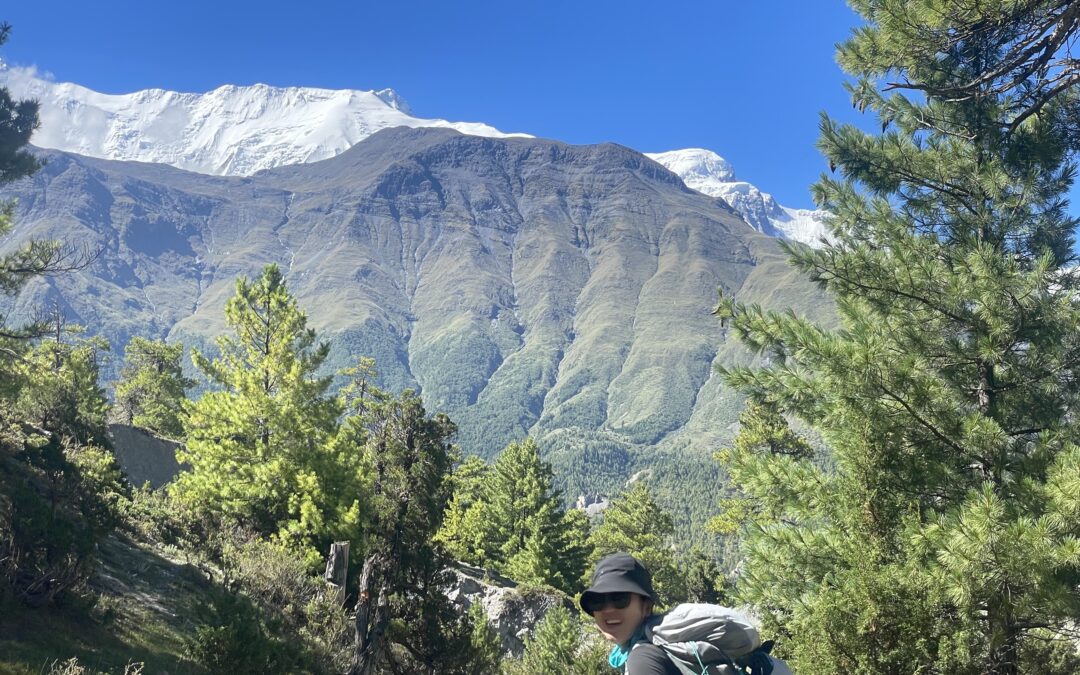
Leren Gao, a Master’s of Theological Studies candidate at Harvard Divinity School, spent her summer learning Sanskrit in Kathmandu, Nepal. With her goal of eventually pursuing a Ph.D. in the field of Tibetan Buddhist Studies, Sanskrit is a valuable language to learn for Leren. She shared her experience.

Kheya Melo Furtado, an expert on health systems financing and public health, joins the Mittal Institute as our Spring 2023 Jamnalal Kaniram Bajaj Visiting Research Fellow. She is a faculty member in the Healthcare Management program at the Goa Institute of Management, India. Kheya shared more about her research and endeavors while an LMSAI Fellow.